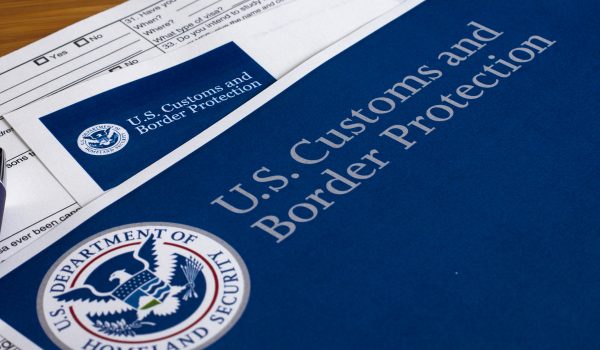U.S. Customs and Border Protection (CBP) issued formal notice to importers that it will postpone for 90 calendar days payment deadlines for certain estimated duties, taxes and fees to aid importers experiencing a “significant financial hardship” caused by the COVID-19 pandemic.
The scope of the temporary postponement applies to formal entries of goods entered into the U.S. for consumption (including entries for consumption from a Foreign Trade Zone) in March or April 2020. CBP will not return deposits of estimated duties, taxes, and fees that have already been paid for shipments that have entered the U.S. during that timeframe.
Additionally, CBP has clearly stated that the 90-day pause on duty payments will not include any of the following:
- Antidumping duties
- Countervailing duties
- Duties assessed pursuant to Section 201 of the Trade Act of 1974 (solar cells and panels, and washing machines and parts)
- Duties assessed under Section 232 of the Trade Expansion Act of 1962 (steel and aluminum products)
- Duties levied under Section 301 of the Trade Act of 1974 (certain goods from China)
While the postponement of payments does not apply to other debts owed to CBP, the federal agency said that interest will not accrue on payments that can be deferred during the 90-day period.
In order to qualify for deferral, an importer must be able to prove “significant financial hardship,” meaning that the importer’s operation had to have been fully or partially suspended during March or April 2020 (due to orders from a competent governmental authority limiting commerce, travel, or group meetings due to COVID-19). Moreover, as a result of such suspension, CBP requires that the gross receipts of such importer for March 13 to 31, 2020 or April 2020 must be less than 60 percent of the gross receipts for the comparable period in 2019.
An eligible importer does not need to submit any documentation with CBP evidencing the foregoing; however, the importer must maintain documentation as part of its recordkeeping practices establishing that it meets the requirements for relief. CBP has the authority to conduct a review and audit the documentation in the future to ensure compliance with the requirements.
For more information on CBP’s duty postponement program, please contact Jan de Beer, Katie Berkley or Chanhee Han in the Trade & Foreign Law Team.

